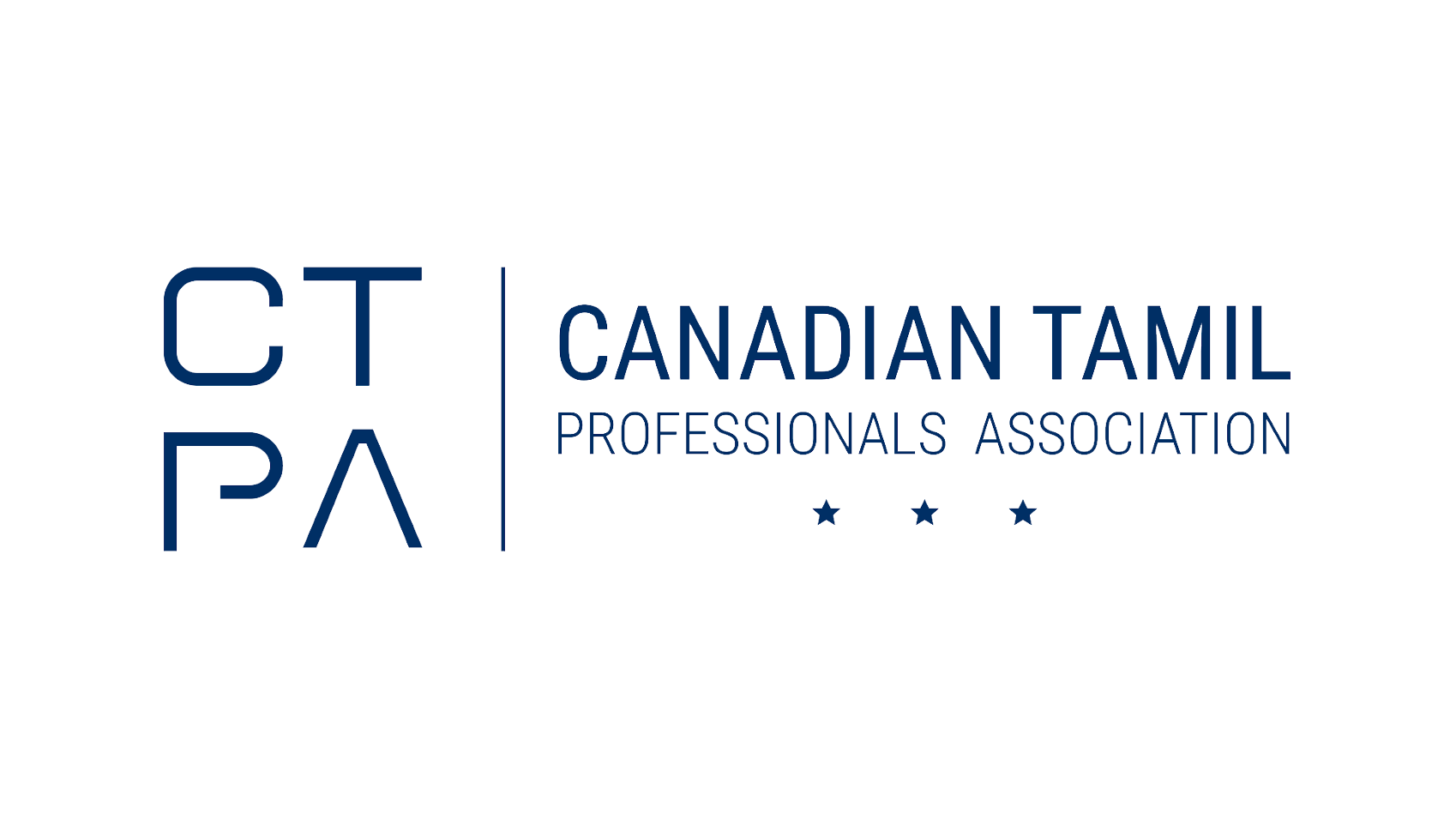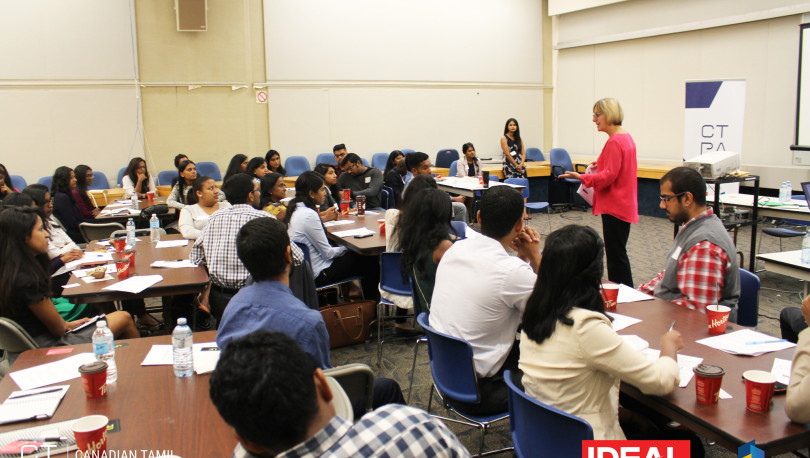It was a crisp Sunday morning when I hurried into the Scarborough Civic Centre, only just in time for CTPAs latest workshop Emotional Intelligence for Success. The room was filled with friendly faces, both familiar and new. The turnout was impressive, a testament perhaps to the often understated relevance of, and interest in, the topic of Emotional Intelligence (EI). I took my seat near the front with fellow volunteers and tuned into the gentle hum of excited, but whispered conversations.
As Jan Medland, performance coach and organizational effectiveness consultant, stepped up to begin the presentation, the atmosphere was one of anticipation. The audience was alert, attentive. She had us from the beginning.
Interesting fact: People with the highest Intelligence Quotients (IQs) outperform those with average IQs just 20% of the time, while people with average IQs but higher Emotional Quotients (EQs), outperform those with high IQs 70% of the time.
She followed that up with this:
EQ is so critical to success that it accounts for 58% of performance in all types of jobs. It is the single biggest predictor of performance in the workplace and the strongest driver of leadership and personal excellence.
I stopped scribbling furiously and set my pen down.
Emotional Intelligence may be formally defined as your ability to recognize and understand emotions in yourself and others, and your ability to use this awareness to manage your behaviour and relationships. Jan probably said it best when she defined it simply as grace under pressure.
With a gentle hand, she then proceeded to successfully steer the presentation through the two pathways to improving EI Personal Competence through self-awareness and self-management; and Social Competence through social awareness and relationship management.
Based on the dialogue that flowed during the workshop between Jan and her audience, here are a few practices you can adopt now to start improving your EQ.
Astute Observation & Reflection Take a moment when you enter a room or conversation to observe your peers. Take note of the mood. Pay particular attention to body language and tone, speed, and volume of voices to gauge sentiments, attitude, and level of engagement. Reflect and respond accordingly. For example, smile to ease tension or ask someone a question to make him or her feel welcome and encourage him or her to participate in the dialogue.
Listen to Hear – Listen with focus and without distraction. (Yes, do keep your phone out of sight!) Listen with the intent to hear and to understand, not to respond. Listen with curiosity and without judgment. Empathize. Listen to what is said, and listen just as keenly to what is not said. For example, the statement These meetings are a waste of time, may indicate frustration at a lack of opportunity to contribute or it may be a symptom of overwork. If youre uncertain, ask them.
Accept Feedback It takes courage to give feedback so accept it graciously when it is given. Remember, to deny feedback is to deny opportunity for growth. If feedback is not readily given, dont be afraid to ask for it. Do it respectfully by asking open-ended questions that invite a person to speak their mind freely and without fear. For example, What is one thing that I could have done better?
Be Respectfully Honest – Being emotionally intelligent is not about being nice all the time. Its about being aware of and respecting your own feelings as well as those of others. This requires being conscious of values and biases. So if youre thinking it, say it respectfully. Chances are they are not any more telepathic than you are.
Ask Open-Ended Questions When asking questions, dont begin with Why? Such questions leave room for assumptions on your part and put the respondent on the defensive. Rather, ask open-ended questions that begin with What? and How? For example, instead of Why dont you like the plan? ask How do you feel about the plan? ; instead of Why are you late? ask What delayed you? or Is everything ok?
And now, to sum it all up, here is some sound advice from Jan: Dont take yourself too seriously. Life is a journey learn & enjoy!
Contributed by Sinthu Jey.
Sinthu is an Investigator in the National Credit Department at TCCI. She has a voracious appetite for information and enjoys running, reading, and writing in her free time.

